What Exactly is Cryptocurrency And Should You Invest In it?
Find out what cryptocurrency is and whether or not its wise to invest in it.
This article is more than 2 years old
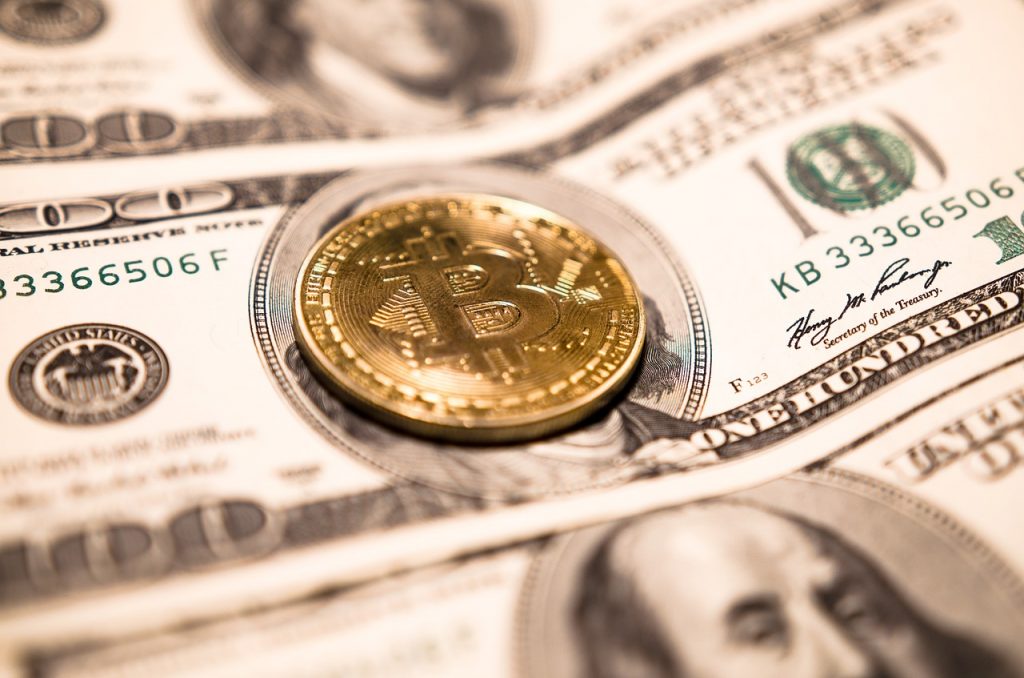
Cryptocurrencies have been gaining steam in recent years. Names like Bitcoin, Ethereum, and Dogecoin frequently make headlines. And financial power players can’t seem to invest in these digital assets fast enough, claiming that cryptocurrencies have brought us to the precipice of next-generation investing. However, despite cryptocurrency having an immense presence within both the financial and tech sectors, what it actually is and how it works still remains, for many, rather cryptic. Words like blockchain, decentralization, and mining are frequently mentioned in tandem with cryptocurrency, but what do they really mean? And is it really worth sinking your hard-earned cash into such a seemingly elusive industry?
THE INCEPTION
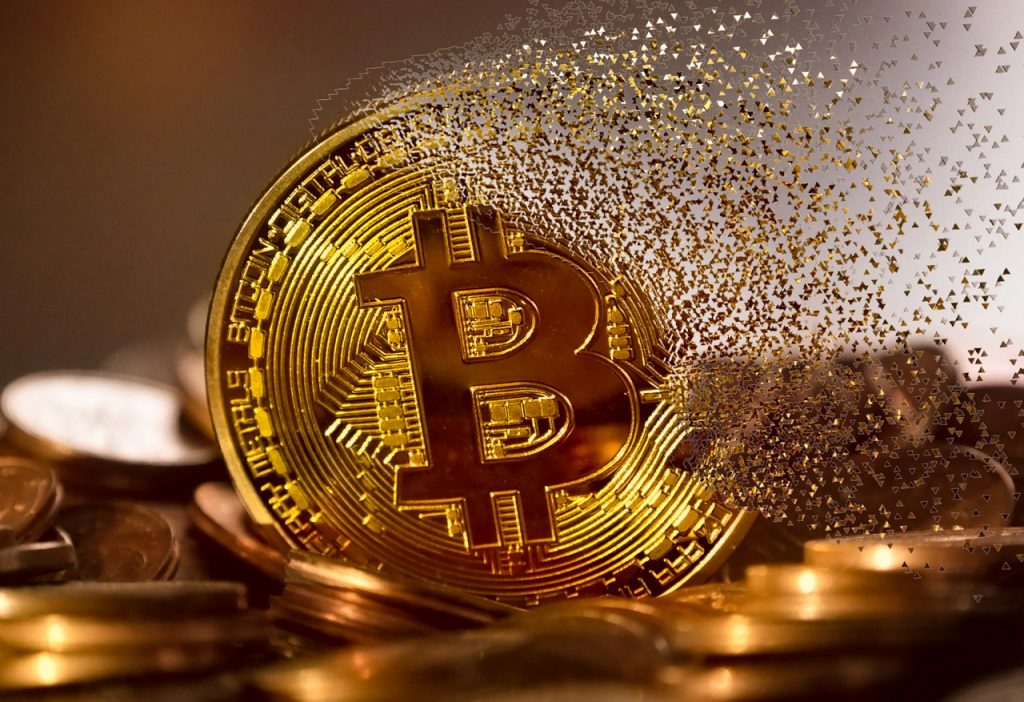
There is a widely accepted notion that cryptocurrency first came to be when bitcoin was launched by a developer or developers going by the alias Satoshi Nakamoto on October 28, 2008. And while it is true that Bitcoin represents the first decentralized digital currency, the actual conceptualization of digital currencies can be traced all the way back to 1983.
In 1983 David Chaum, an American cryptographer, developed the very first digital currency called ecash. By 1995 Chaum had evolved ecash into Digicash. Digicash was a digital currency that facilitated transacting anonymity. This idea of an anonymous digital currency was explored further throughout the 1990s. Notably, in 1998 computer engineer Wei Dai published works describing what cryptocurrency was and how it worked. These early pioneers laid the foundation from which Bitcoin and others like it were birthed.
WHAT EXACTLY IS CRYPTOCURRENCY?
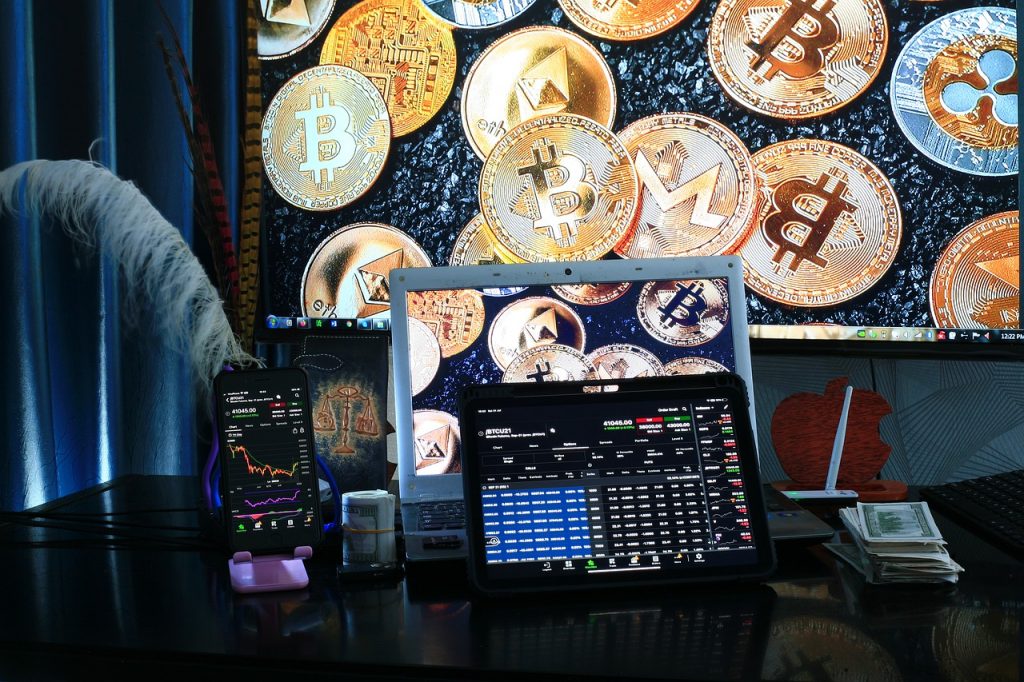
Simply put, cryptocurrency is just a digital form of money that you can use to make secure purchases outside of a centralized banking system. Think of it as money that exists solely in the digital space that is not tied to any formal government or banking system, but instead exists inside its own system of checks and balances. For instance, if you’ve ever played a video game where your character earns in-game money in order to advance, upgrade or add to their inventory the concept is very similar.
Now that we’ve established that all cryptocurrency is a collection of digital monies used to complete purchases within a certain framework, the question then becomes how do you use your cryptocurrency? First, it’s important to keep in mind that different cryptocurrencies have different functions. For instance, the cryptocurrency Ripple is typically used by financial institutions to complete overseas transactions. When financial institutions use Ripple versus traditional currency it eliminates the rate of exchange, meaning that the value of Ripple in the United States is the same in any other country.
Bitcoin is the most popular type of cryptocurrency and due to its popularity more retailers have started to accept it as a form of payment; thus it is now commonly used to buy things like household goods. In fact, the IRS now even considers cryptocurrency a taxable financial asset.
Second, all cryptocurrencies use blockchain technology. It is important to understand this when using your cryptocurrency. A blockchain is simply just a series of connected digital networks that securely record and track the transaction history of any one cryptocurrency. Essentially, blockchains are there to eliminate cryptocurrency fraud.
Lastly, all cryptocurrency is decentralized. What this means is that cryptocurrencies are not tied to any government or financial institutions, and thus their value does not depend on them. Additionally, because they are decentralized there is no need to have a 3rd party facilitator to complete transactions. For instance, every time you use your debit card you are going through your banking institution in order to transfer your funds to a vendor. Owning cryptocurrency is simply like taking cash and handing it directly to the vendor yourself, there is no middle man.
PURCHASING CRYPTOCURRENCY AND THE DEFINITION OF MINING
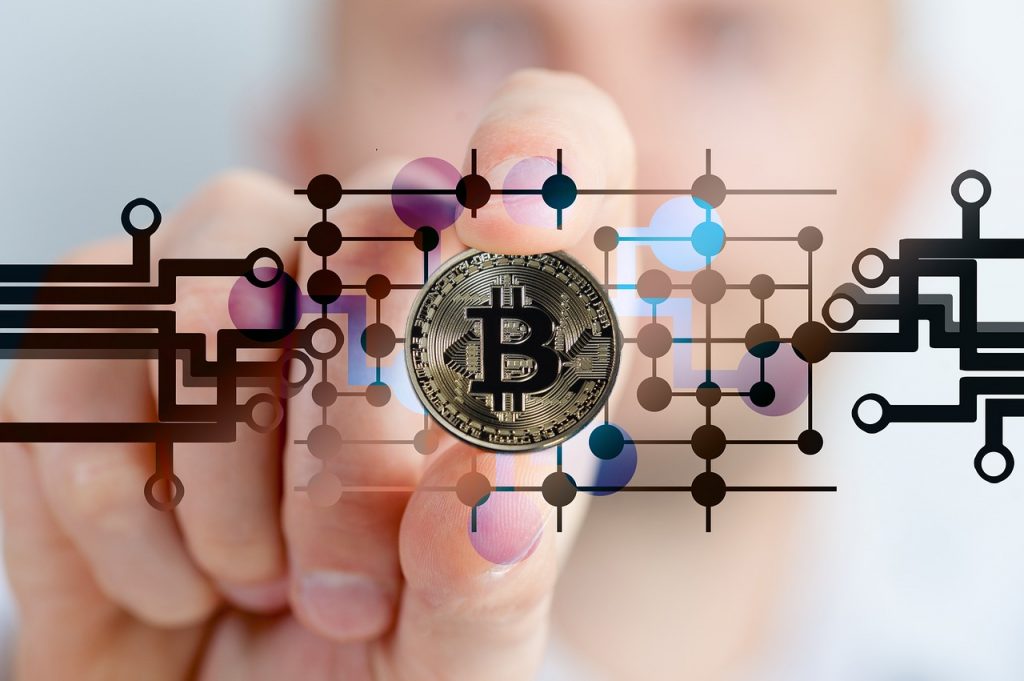
Purchasing cryptocurrency today is easier than ever and you can actually do so by using traditional money. First, you need to sign up with a broker or crypto exchange. Robinhood and Sofi are two widely used crypto-compatible broker apps. Once you get your broker or exchange account set up, similar to purchasing stocks, you can add real-world money to the account and begin buying up crypto.
There is another, much more complex and time-consuming, way to acquire cryptocurrency and it is known as mining. Essentially, what mining allows people to do is to get cryptocurrency by solving complex mathematical dilemmas with the aid of powerful computers. In exchange for solving exceedingly complicated equations, those individuals are then rewarded with a certain amount of cryptocurrency. However, it should be noted, that while mining sounds simple, it is not. It is an exceedingly complex process that requires an intense amount of computing power, which in turn siphons alarming quantities of energy.
ADVANTAGES AND DISADVANTAGES
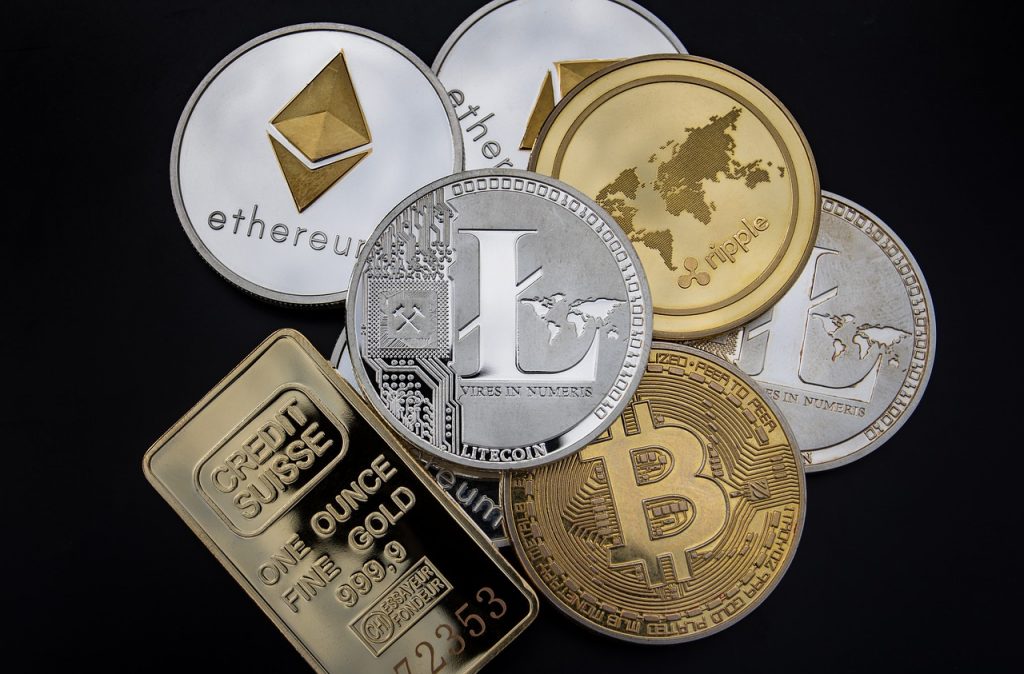
Like anything, owning and using cryptocurrency comes with its own set of advantages and disadvantages. Some pros that go along with investing in cryptocurrency are deeply rooted in the fact that they are decentralized forms of money. Because they are decentralized their value is not determinate on how the economy is performing in your country of residence. Additionally, the elimination of a third party makes money transfers and transactions quicker. Apart from decentralization, cryptocurrency’s inherent ties to blockchain technology make it nearly impossible for people to create fraudulent versions.
Despite cryptocurrency having a lot of attractive advantages, it does also have some concerning disadvantages that you should consider before deciding to invest in and acquire it. First, while decentralization can be an exceedingly good thing, it can also be the inverse. Because cryptocurrencies are not tied to any stable banking institutions they are subject to experience vast increases or decreases in value without warning. Second, despite cryptocurrency being decentralized, ownership is still tightly concentrated and largely inaccessible to the average person.
Additionally, the anonymity that is associated with cryptocurrency is only a facade, because transactions are all recorded via blockchain it serves as a potential way for government organizations to easily track how any one individual spends their money which can be viewed as an enormous violation of personal privacy. Lastly, cryptocurrency is much more vulnerable to being stolen by cybercriminals, especially if you choose to store it in one of the less secure repositories or wallets.
TO BUY OR NOT TO BUY?
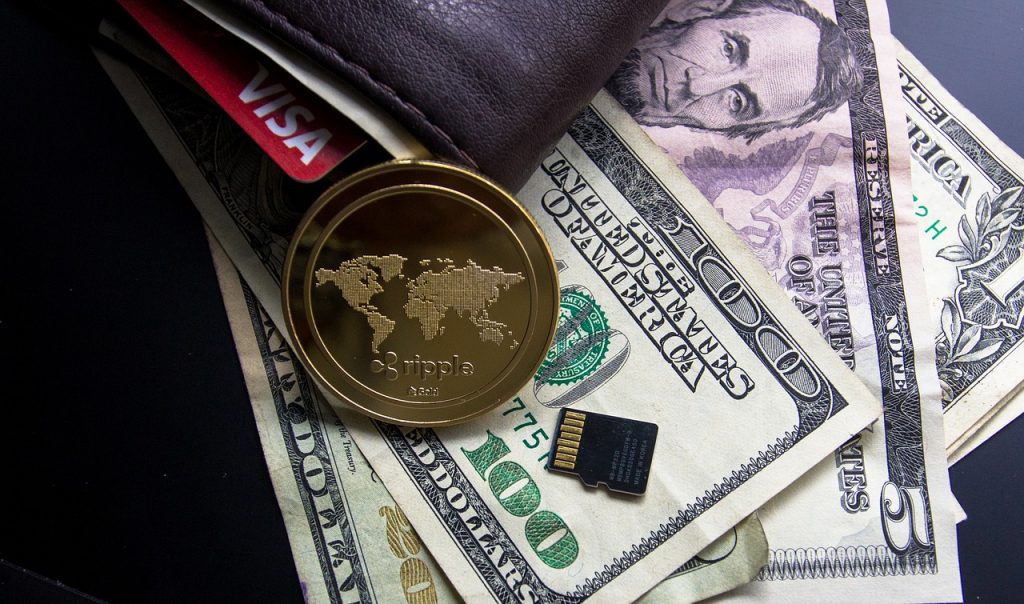
Ultimately cryptocurrency is still very much in its infancy. And while it has made enormous strides in reaching the mainstream in recent years, it still has a long way to go before it can truly become a fully fleshed-out form of decentralized currency. That being said, the number of those investing and transacting cryptocurrencies is predicted to grow exponentially in the coming years. Thus, if you take the time to educate yourself on the different types, various crypto brokers and exchanges, and potential personal benefits unique to you, getting in on crypto now could prove to be a very wise, future-proof investment.



